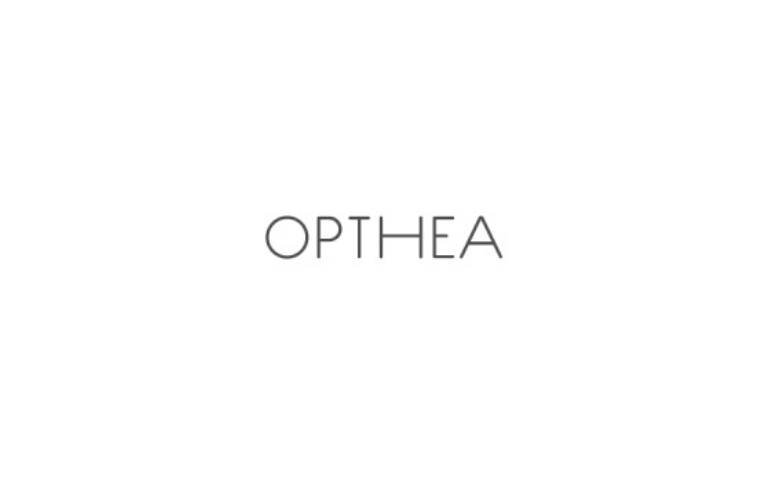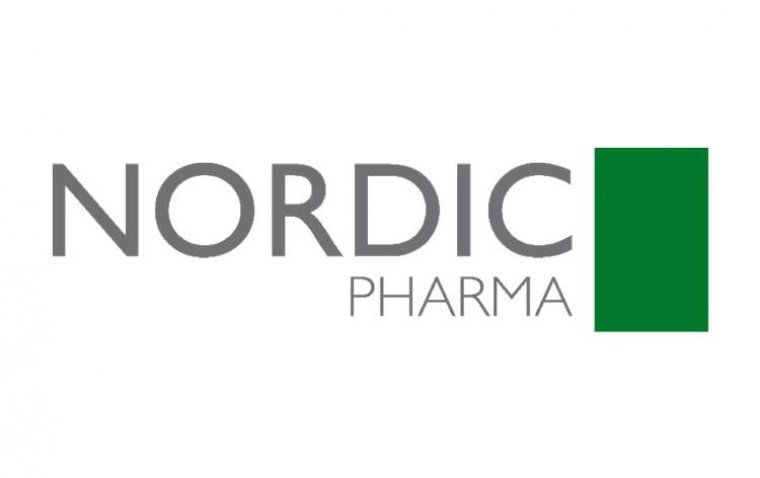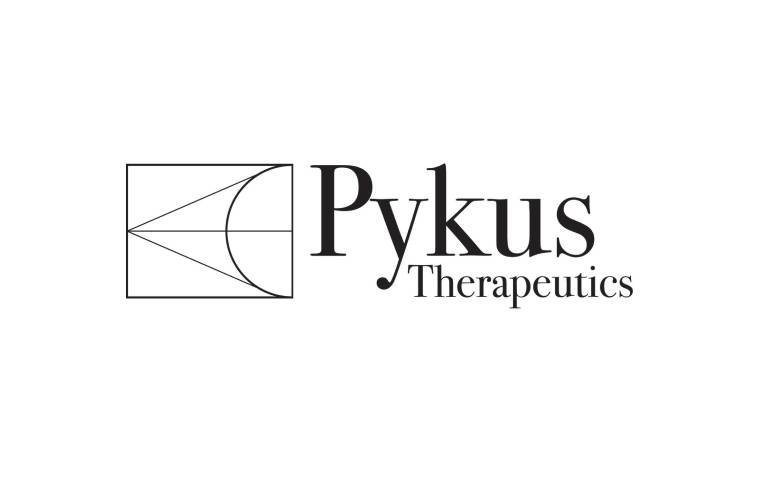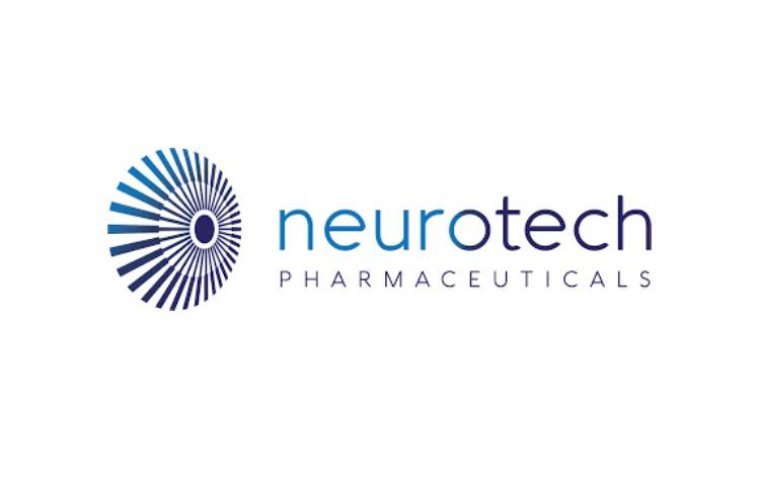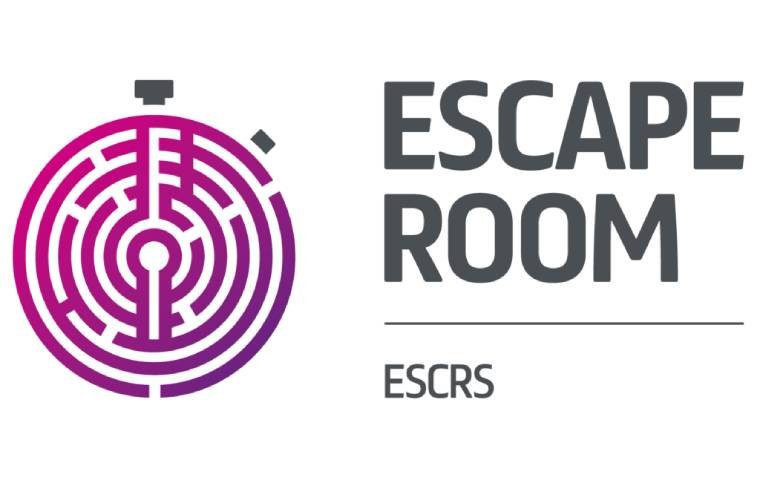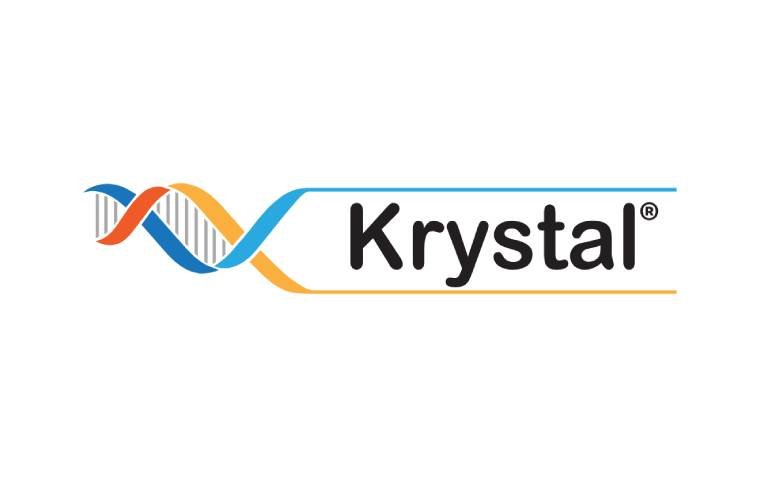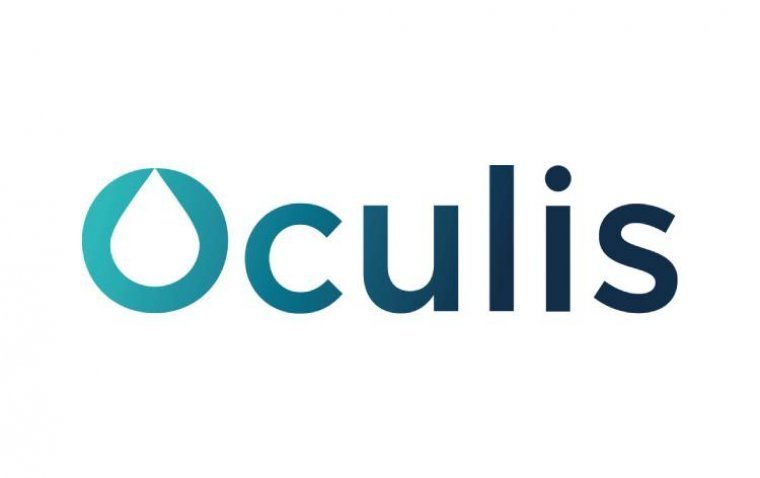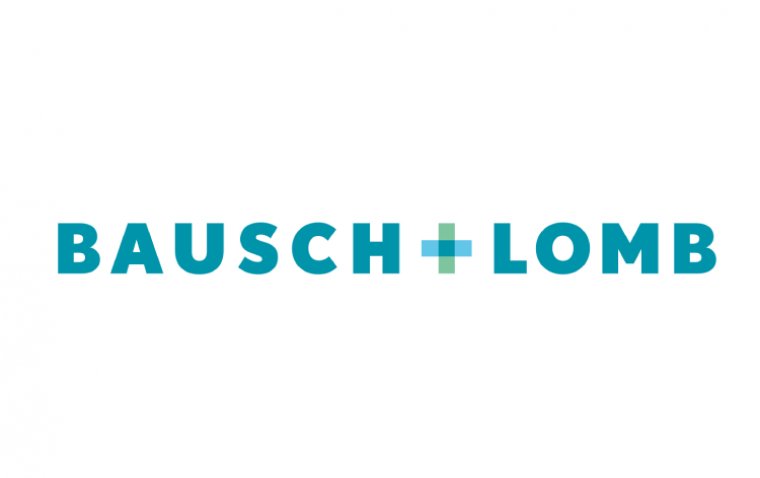
Bausch + Lomb Launches Dry Eye Drug Miebo in the U.S.
Bausch + Lomb has officially launched Miebo (perfluorohexyloctane ophthalmic solution) for the treatment of dry eye disease (DED) in the United States.
Earlier in May, Bausch + Lomb and Novaliq received FDA approval for Miebo, marking it as the first and only FDA-approved treatment for DED that specifically targets tear evaporation. Miebo is a prescription eye drop, containing a single ingredient and is free from water, preservatives, and steroids. Patients are advised to apply a single drop in each eye four times a day, and its primary purpose is to mitigate tear evaporation on the ocular surface.
“More and more Americans are suffering from dry eye disease, due in large part to today’s multi-screen lifestyles,” Andrew Stewart, president, Global Pharmaceuticals and International Consumer, Bausch + Lomb, said in a company news release. “With Miebo, eye care professionals now have a prescription eye drop that directly addresses tear evaporation, the leading cause of dry eye disease.”
The FDA granted approval to Miebo based on the findings from two 57-day, multicenter, randomized, double-masked, saline-controlled studies known as GOBI and MOJAVE. These trials collectively included 1,217 patients who had a history of dry eye disease (DED) and exhibited clinical signs of Meibomian Gland Dysfunction (MGD), a significant contributor to DED development and progression. It's estimated that around 86% of individuals with DED suffer from excessive tear evaporation, with MGD being the primary culprit.
During the GOBI and MOJAVE studies, Miebo successfully met the primary efficacy endpoints related to both signs and symptoms. The primary endpoints assessed the change in total corneal fluorescein staining (tCFS) and the Visual Analog Scale (VAS) score for eye dryness from baseline to week 8 (day 57 ± 2). Notably, patients experienced relief from symptoms as early as day 15, and this relief persisted through day 57, with statistically significant reductions in VAS eye dryness scores favoring Miebo observed in both trials. Furthermore, both studies reported significant reductions in tCFS favoring Miebo at both day 15 and day 57.
(1).jpg)
